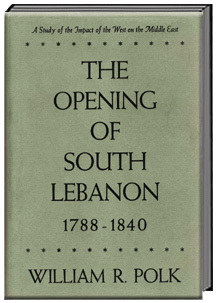BOOKS
Hither and Yon
Panda Press 2020
This book is a collection of letters about William Polk's travels. Beginning with his first sally into the wild lands of Kurdistan followed by Iraq, Egypt, Saudi Arabia, Greece, China, India, Cambodia, Scotland, Ireland and Yemen. He includes interactions with world leaders, historical and policy analysis, vivid portrayals of often little seen places over the course of seventy years.
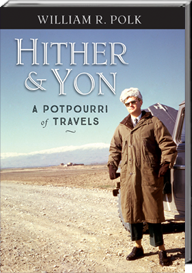
Crusade and Jihad
Yale University 2018
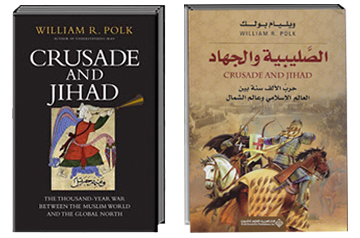
American Militarism
The Henry L. Stimson Lectures at Yale University
Panda Press, 2018

Personal History
Panda Press 2013

Blind Man's Buff
Panda Press 2013
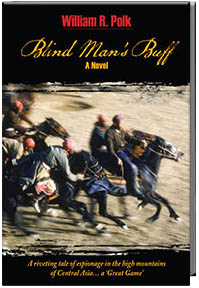
Distant Thunder
Panda Press 2013
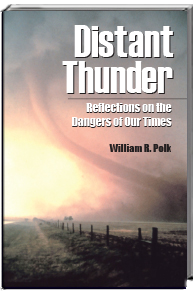
Humpty Dumpty
Panda Press 2013
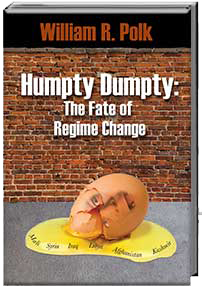
Understanding Iran
Palgrave Macmillan 2009
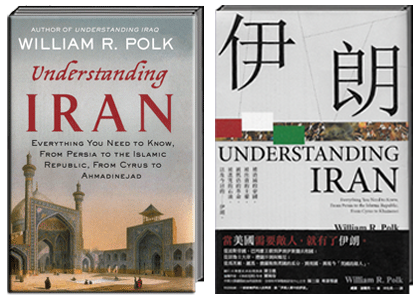
Violent Politics
HarperCollins Publishers, 2007
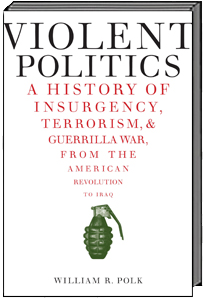
Out of Iraq
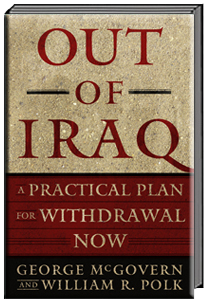
The Birth of America
HarperCollins Publishers, 2006
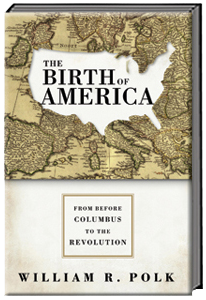
Understanding Iraq
HarperCollins Publishers, 2005 (Hard Cover)
Harper Perennial, 2006 (Paperback)
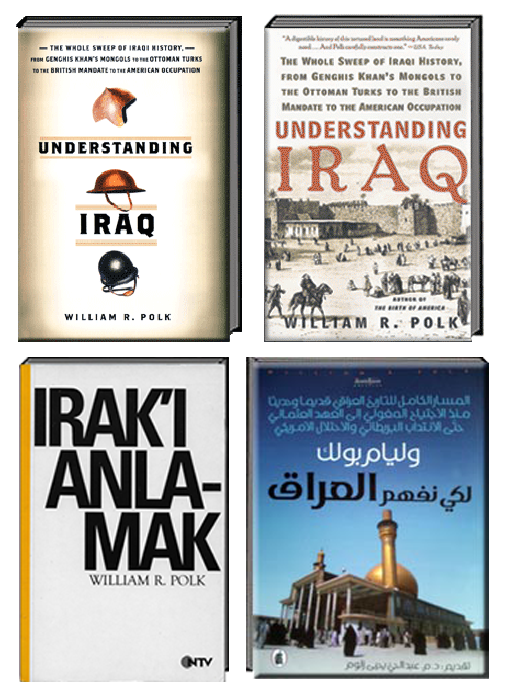
Polk's Folly
New York: Doubleday, 2000
Anchor Books, 2001
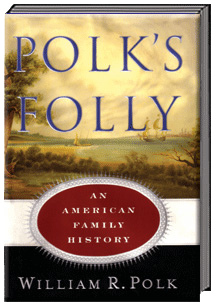
Neighbors and Strangers
The Fundamentals of Foreign AffairsChicago: University of Chicago Press, 1997

The Arab World Today
Cambridge Harvard University Press,
1963, 1969, 1975, 1980 and 1991
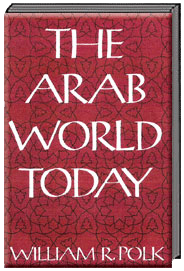
The Elusive Peace:
The Middle East in the Twentieth Century
London: Croom Helm and New York: St. Martin’s Press 1979
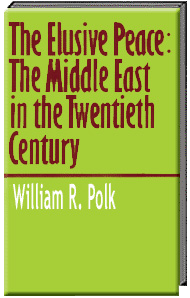
The Golden Ode
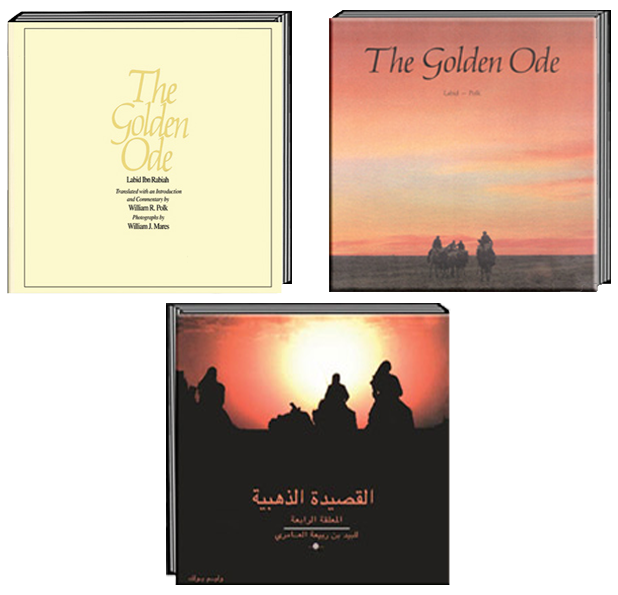
The Opening of South Lebanon, 1788-1840
